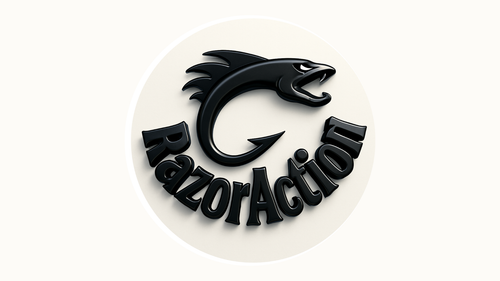
In a world where mental illness is rapidly increasing, especially among veterans and first responders, more and more are placing their trust in nature to heal. An organization in the USA, Heroes on the Water (HOW), has shown how something as seemingly simple as fishing can become a powerful tool for recovery.

From the front line to the waterline
With over 20 million veterans in the USA, the need for alternative treatment is great. Many return home with physical injuries, but even more carry invisible scars in the form of PTSD, depression, and anxiety. Despite billions spent on mental health care, traditional methods do not always work.

Kayak fishing as a form of therapy
Laura Armbruster, communications manager at HOW, testifies how participants describe fishing as a "silent room." Few experiences match the deep presence of sitting in a kayak, silent, surrounded by nature. For many military veterans – used to clear goals and missions – every fishing trip becomes a new "mission": steering the kayak, casting, catching, focusing.
It is this simple, concrete task that makes a difference. Instead of getting stuck in thoughts and memories, a focused activity is offered where body and mind cooperate. "They get into the kayak with worry, but come back with relief," says Laura.

More than just fishing
For many, this is not just about catching fish. It's about catching calm. Getting a break from inner chaos, rediscovering joy in something simple, concrete, and meaningful. Kayak fishing offers structure without pressure, closeness without words, silence without emptiness.
What can we learn in Sweden?
Fishing is already an established hobby in Sweden, but its therapeutic potential could have more space. Both for people struggling with stress, exhaustion, or mental health issues – as well as for parents and people with hectic lives – a simple moment with a rod and water can make a big difference.
Being inspired by Heroes on the Water is not about copying their model directly, but about understanding the principle: nature + movement + simple focus = mental recovery.
For many of us, it's not the boat or the bait that matters most, but the breathing between casts. The one that gives us the strength to carry on.
